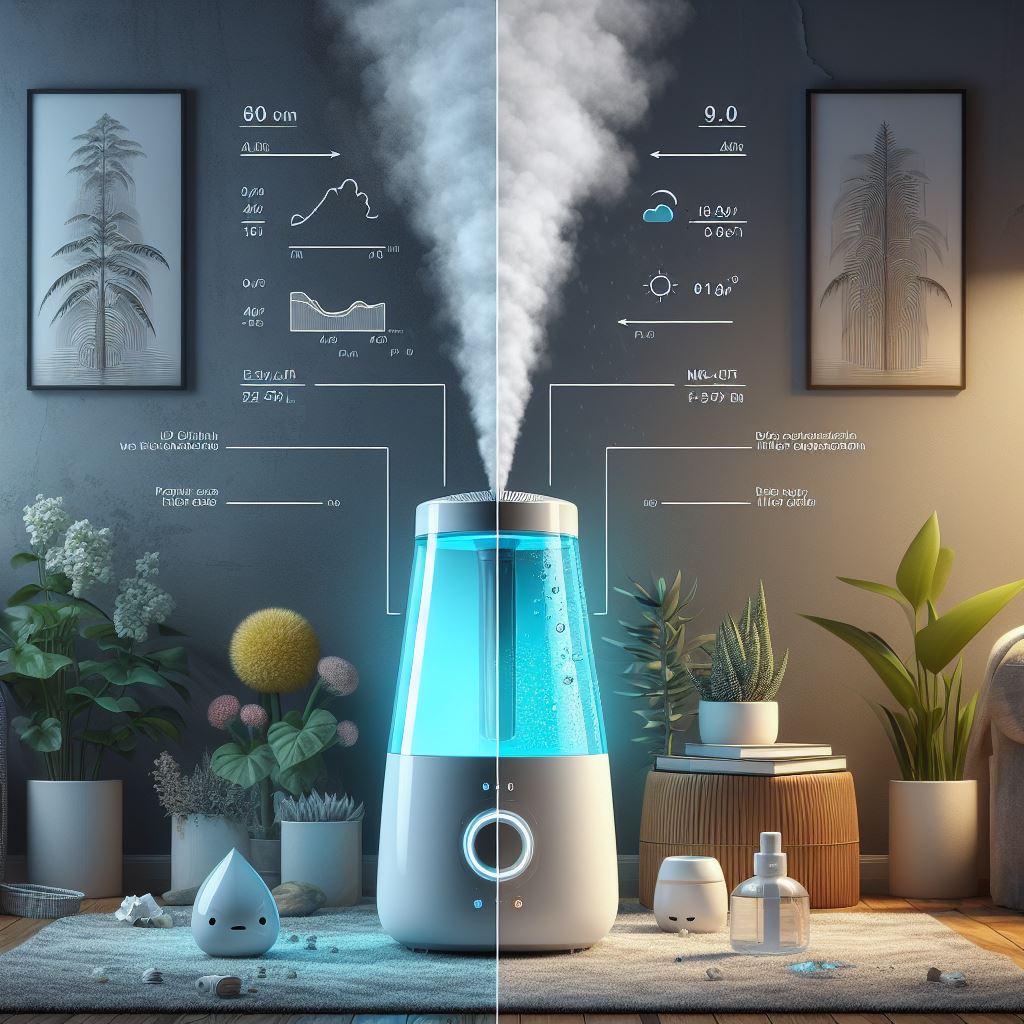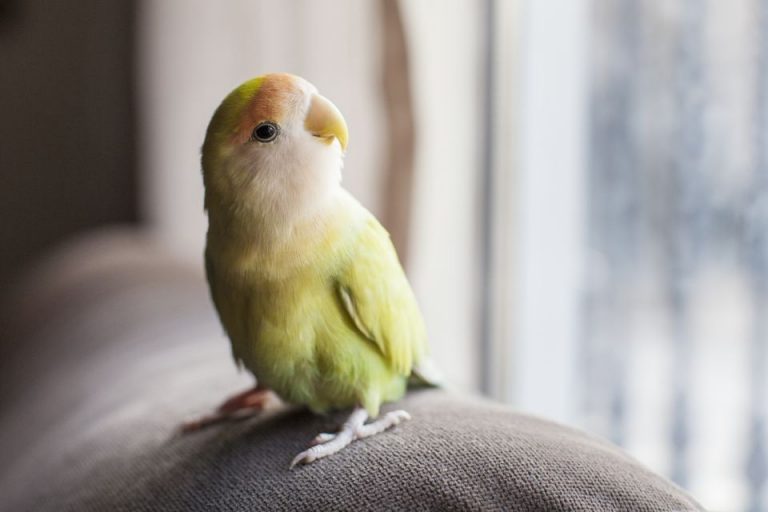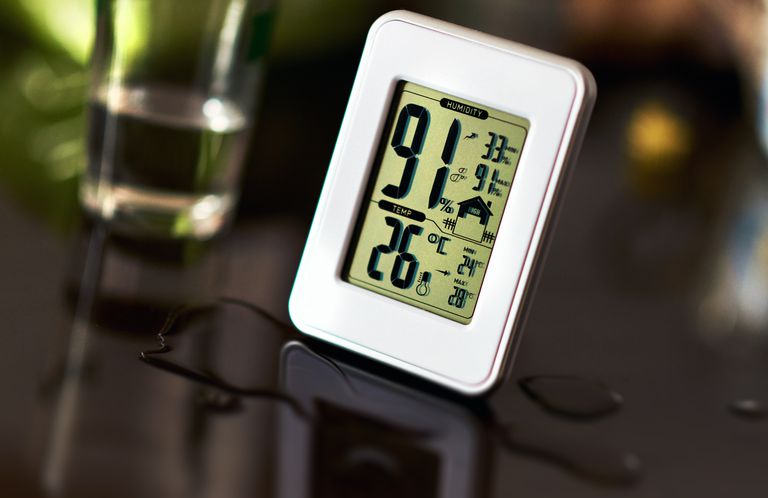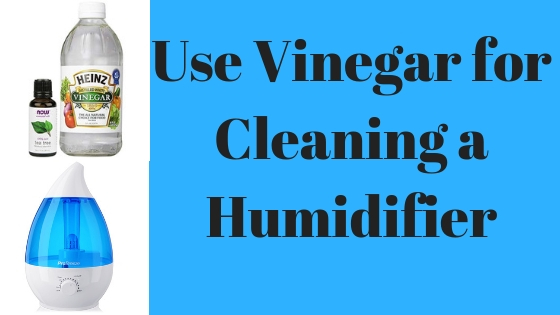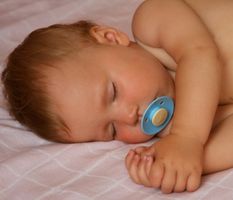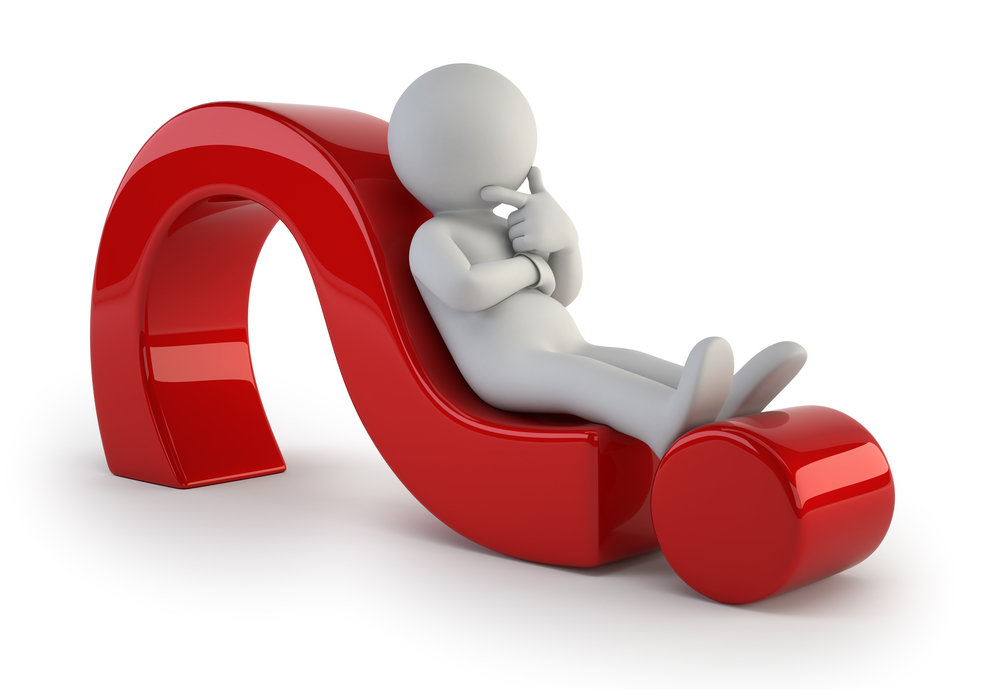Filterless vs Filtered Humidifiers: Pros, Cons & Costs
Deciding between a filterless humidifier and one with a filter can feel like a tricky choice. I’ve been there, weighing the pros and cons, and I know it’s not just about adding moisture to the air. It’s about finding the perfect fit for your needs and lifestyle.
In this article, I’ll dive into the key differences between filterless and filtered humidifiers. We’ll explore maintenance, cost-effectiveness, and health implications to help you make an informed decision. Whether you’re a first-time buyer or considering a switch, you’ll find the insights you need.
Stay tuned as I break down the benefits and drawbacks of each type. By the end, you’ll have a clear understanding of which humidifier is the best match for you and your home.
Maintenance Requirements
When you’re deciding between a filterless and filtered humidifier, understanding the maintenance involved is crucial. Let’s dive into what you can expect.
Filterless humidifiers, as the name suggests, do not require regular filter changes which is a major convenience factor. Here’s what their maintenance typically involves:
- Regular Cleaning: You’ll need to empty, rinse, and dry the water tank every few days to prevent mold and mineral buildup.
- Descale: At least once a month, descale the unit with a mix of vinegar and water to remove mineral deposits.
- Sanitize: It’s important to sanitize the water tank and other parts with a bleach or hydrogen peroxide solution as recommended by the manufacturer.
In contrast, filtered humidifiers come with an additional step:
- Filter Replacement: Depending on the model, filters should be replaced every 1-3 months, or per the manufacturer’s recommendation. This is essential to maintain efficiency and prevent the growth of mold and bacteria.
- Cleaning Routine: Much like filterless units, these also require regular cleaning and descaling to stay in top condition.
Here’s a quick comparison in a table:
| Maintenance Task | Filterless Humidifier | Filtered Humidifier |
|---|---|---|
| Filter Replacement | Not required | Every 1-3 months |
| Regular Cleaning | Every few days | Every few days |
| Descaling | Monthly with vinegar | Monthly with vinegar |
| Sanitizing | With manufacturer-recommended solution | With manufacturer-recommended solution |
It’s worth noting that while filterless humidifiers seem to have lower maintenance, neglecting the necessary care can lead to issues that could offset their initial convenience. Regardless of the type you choose, sticking to a routine maintenance schedule is key to extending the lifespan of your humidifier and ensuring it runs efficiently.
Maintaining the quality of your indoor air should be effortless and knowing the maintenance requirements for your humidifier makes that goal more attainable. Whether it’s the ease of a filterless system or the assured cleanliness of a filtered model, selecting the right humidifier means aligning with your lifestyle and readiness for regular upkeep.
Cost-Effectiveness Comparison
When deciding between filterless and filtered humidifiers, it’s crucial to consider the long-term costs associated with each. Initial price points don’t always reflect the total investment over the lifespan of the product. Filterless humidifiers often have a higher upfront cost, but since they don’t require filter purchases, they might be more cost-effective in the long run.
Let’s break down the numbers. Imagine you buy a filtered humidifier for $40 and a filterless model for $60. A replacement filter might cost around $10 and needs to change every 2 months. Over a year, those filters add up.
| Time | Filtered Humidifier Costs | Filterless Humidifier Costs |
|---|---|---|
| Initial Cost | $40 | $60 |
| 1 Year Filters | $60 (6 filters) | $0 |
| Total 1 Year | $100 | $60 |
After just one year, the filterless humidifier begins to provide savings. Of course, electricity usage is another consideration, but the difference is minimal between the two types.
It’s essential to factor in the maintenance time as well, which translates to personal time investment. Spending 30 minutes every couple weeks replacing and cleaning filters in a filtered unit equates to hours over the course of a year—hours you could use elsewhere.
Another financial factor to keep in mind is the cost of cleaning supplies. Filterless humidifiers may require specialized cleaning agents to prevent mineral buildup and bacteria growth, which may slightly increase their annual operating cost.
Overall, when looking at the cost-effectiveness of humidifiers, it’s important to consider:
- Initial purchase price
- Repeat costs of consumables like filters
- Time spent on maintenance
- Additional operational expenses such as electricity and cleaning supplies
Weighing these factors against personal convenience and maintenance preferences will help in making the right choice for a humidifier that’s both beneficial for health and friendly on the wallet.
Health Implications
When you’re navigating the maze of humidifier options, understanding the health implications of filterless vs filtered models is crucial. Humidifiers can be a double-edged sword, capable of both alleviating and exacerbating health issues, depending on their maintenance and operation.
Filterless humidifiers, for instance, don’t trap minerals or impurities from water because there’s no filter to do the job. It means if you’re not using distilled or demineralized water, these minerals are released into the air and may settle as white dust in your room. Breathing in these particles over time may irritate those with respiratory issues.
On the other hand, filtered humidifiers have filters that trap minerals and impurities, which can help reduce the white dust. However, these filters can become a breeding ground for bacteria and mold if not changed regularly, potentially releasing harmful microorganisms into the air. For individuals with asthma or allergies, this poses a significant concern as it can trigger or worsen symptoms.
To mitigate these risks, it’s imperative to:
- Use distilled or demineralized water in both types of humidifiers.
- Clean the humidifier’s tank and any other parts that come into contact with water at least once a week.
- For filtered humidifiers, replace filters according to the manufacturer’s recommendations or if they show signs of mold or heavy discoloration.
I’ve found that the frequency of cleaning and filter replacement can significantly impact the air quality benefits a humidifier provides. Keeping indoor humidity levels between 30% and 50% is ideal for reducing the growth of mold and dust mites, which thrive in more humid environments. To monitor these levels, it’s handy to use a hygrometer, a device that measures the moisture in the air.
Here are some beneficial effects of properly-maintained humidifiers:
- Reduced incidence of nosebleeds, dry skin, and irritated eyes
- Soothed symptoms of cold, flu, and allergies
- Lowered risk of infections by keeping the mucous membrane moist
Whether you opt for a filterless or filtered humidifier, you’ll want to consider which maintenance protocols fit your lifestyle for the sake of your health.
Benefits of Filterless Humidifiers
Filterless humidifiers have several advantages that make them an appealing option for some people. Let’s dive into what sets them apart from their filtered counterparts.
Ease of Maintenance is a significant highlight. Without filters to replace, the care routine is generally more straightforward. I find that I spend less time on upkeep, which frees up my schedule. There’s no need to purchase or change out filters, which can be quite convenient and cost-effective in the long run.
The Initial Cost of purchasing a filterless humidifier can be more budget-friendly. While prices vary, you’ll often find that filterless models are less expensive on the upfront purchase. Combining this with the long-term savings from not buying replacement filters, it becomes clear why cost-conscious individuals lean towards filterless options.
Operating a filterless humidifier can contribute to a quieter environment. Since there’s no air being forced through a dense medium like a filter, Noise Levels tend to be lower. This makes filterless humidifiers ideal for use in bedrooms or offices where a noisy appliance could be disruptive.
Regarding overall Efficiency, filterless humidifiers can be more effective at dispersing moisture into the air because there’s no filter to restrict airflow. This allows the humidifier to work seamlessly, sometimes resulting in a quicker increase in room humidity levels.
Lastly, Environmental Impact is a point to consider. The absence of filters means less waste being produced. As someone who’s environmentally conscious, the ability to reduce my carbon footprint by not discarding used filters is a meaningful advantage.
Overall, the key perks of using a filterless humidifier aren’t just about improving air quality. They extend to practicality and an eco-friendly approach. When I’m choosing a humidifier, these factors play a crucial role in my decision-making process. It’s all about finding that perfect balance between functionality and ease of use.
Drawbacks of Filterless Humidifiers
While filterless humidifiers offer numerous advantages, they’re not without their share of drawbacks. One significant concern is the potential mineral buildup inside the unit. Over time, minerals present in tap water can accumulate and cause the inner mechanics to degrade. Unlike filtered models, filterless humidifiers don’t have a replaceable barrier to catch these minerals, making them susceptible to:
- Reduced efficiency
- Increased maintenance chores
- Shorter overall lifespan
Moreover, the absence of filters means that any minerals in the water get expelled into the air. This can lead to white dust settling on furniture and electronics, which is not only unsightly but may also damage sensitive equipment. To mitigate this, using distilled or demineralized water is recommended, which could be an additional ongoing expense.
Another significant drawback is that some filterless humidifiers may be less effective at purifying air quality. Since there’s no physical filter to trap bacteria or mold spores, if the unit isn’t cleaned regularly and thoroughly, harmful organisms can proliferate and be dispersed into the room’s atmosphere. This can be of particular concern to individuals with allergies or respiratory conditions.
Filterless units rely heavily on the user’s diligence in cleaning to prevent these issues, which can become quite a nuisance for those with a busy lifestyle. Regular maintenance is imperative to ensure these humidifiers don’t become a source of pollutants.
Lastly, while they may carry a lower initial cost and offer economic benefits in the absence of filter replacements, filterless humidifiers might ultimately require replacement sooner than their filtered counterparts due to the potential for faster wear and tear from mineral buildup. This might negate any initial savings over time, making it essential to weigh this factor when considering a filterless humidifier for your home.
When deciding between filterless and filtered humidifiers, it’s imperative to weigh these considerations against personal circumstances. For some, the convenience and eco-friendliness of filterless humidifiers may overshadow their limitations.
Benefits of Filtered Humidifiers
As I explore the battle between filterless and filtered humidifiers, it’s crucial to spotlight the advantages of filtered humidifiers. Despite their need for regular filter changes, filtered humidifiers present a bevy of benefits that cater to health-conscious individuals and those seeking lower maintenance costs in the long run.
Firstly, Filtered humidifiers ensure cleaner air. The filters act as a gatekeeper, trapping minerals and impurities from the water before they’re dispersed into the air. This means that the risk of white dust or mineral dispersion around your home is significantly reduced. For those with respiratory issues or allergies, this can be a game-changer, as filtered units help promote a cleaner airspace to breathe.
Another perk is the lower likelihood of microbial growth. With filters in place, organisms such as mold and bacteria have less chance to grow and infiltrate the air, making filtered humidifiers a smart choice for those who prioritize hygiene. Regular replacement of the filters keeps the system clean and the air quality in your home high.
In terms of upkeep, filtered humidifiers can lead to lower maintenance demands over time. Although the initial investment in filters might seem cumbersome, the filters protect the inner workings of the humidifier from mineral buildup. This not only preserves the lifespan of the humidifier but also keeps maintenance to simple filter replacements and occasional cleaning.
Furthermore, filtered humidifiers often come with a variety of features and settings that can enhance usability. From adjustable mist output to built-in hygrostats, these additional features can create a more customizable humidifying experience tailored to your specific needs.
- Key advantages include:
- Cleaner air
- Less microbial growth
- Simplified maintenance
- Advanced features for better control
For those weighing the options between filtered and filterless humidifiers, these highlighted benefits showcase why filtered humidifiers can be a compelling choice, especially if you’re looking for a long-term solution to improve air quality in your home. Remember to keep in mind the specific needs of your household and any sensitivities to air quality when making your decision.
Drawbacks of Filtered Humidifiers
While filtered humidifiers offer several benefits, particularly in the realm of air quality, it’s crucial to acknowledge their disadvantages. One primary drawback is cost. Filtered humidifiers typically require replacement filters. These filters can accumulate considerable expense over time, especially since they need to be replaced regularly to maintain functionality.
Maintenance is another aspect where filtered humidifiers may fall short for some users. Besides the standard cleaning, which is a common requirement across all humidifiers, the need for filter replacements adds an extra step. This can be a hassle for those who prefer a low-maintenance appliance.
In terms of energy use, filtered humidifiers might not be as efficient as their filterless counterparts. The process of air moving through the filter can result in the machine working harder, thereby consuming more electricity.
The availability of filters can also prove troublesome. If a particular model of humidifier is discontinued or the filters are unique, I may find myself in a bind trying to source the right kind. This issue can render the humidifier useless if the precise filter type is no longer available. It’s critical to consider this potential inconvenience, particularly when investing in a model that’s not widely available.
Here’s a snapshot of the drawbacks associated with filtered humidifiers:
- Higher long-term costs due to filter replacements
- Increased maintenance requirements
- Potentially higher energy usage
- Potential difficulty in sourcing replacement filters
Understanding these drawbacks is vital for anyone considering a filtered humidifier. While the benefits may be appealing, weighing these disadvantages is just as important to ensure the choice aligns with my personal preferences and lifestyle needs.
Conclusion
Deciding between a filterless and filtered humidifier boils down to personal preference and practicality. If you’re looking for ease of use and lower long-term costs, a filterless humidifier might be your best bet. On the other hand, if you’re willing to invest in maintenance for potentially cleaner moisture output, a filtered model could serve you well. Remember that each type has its unique advantages and it’s essential to align your choice with your needs and lifestyle. I’m confident you’ll make the right decision for your home’s air quality and your comfort.


